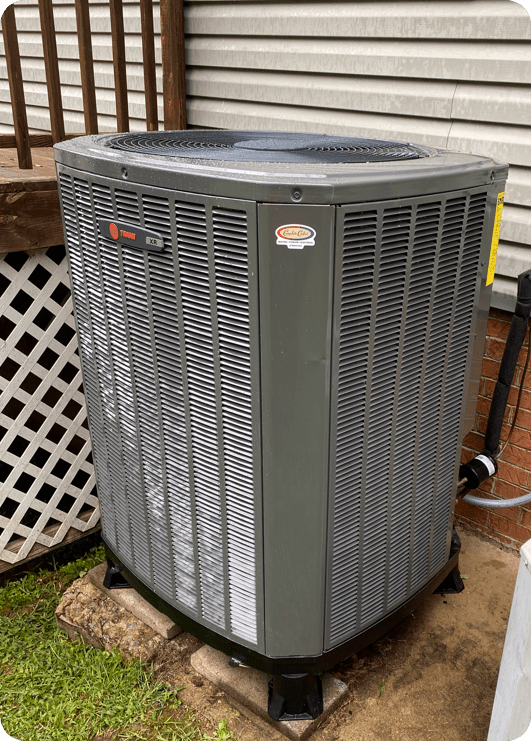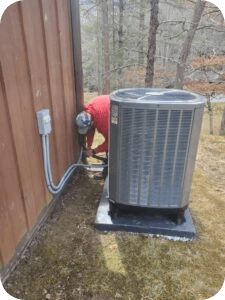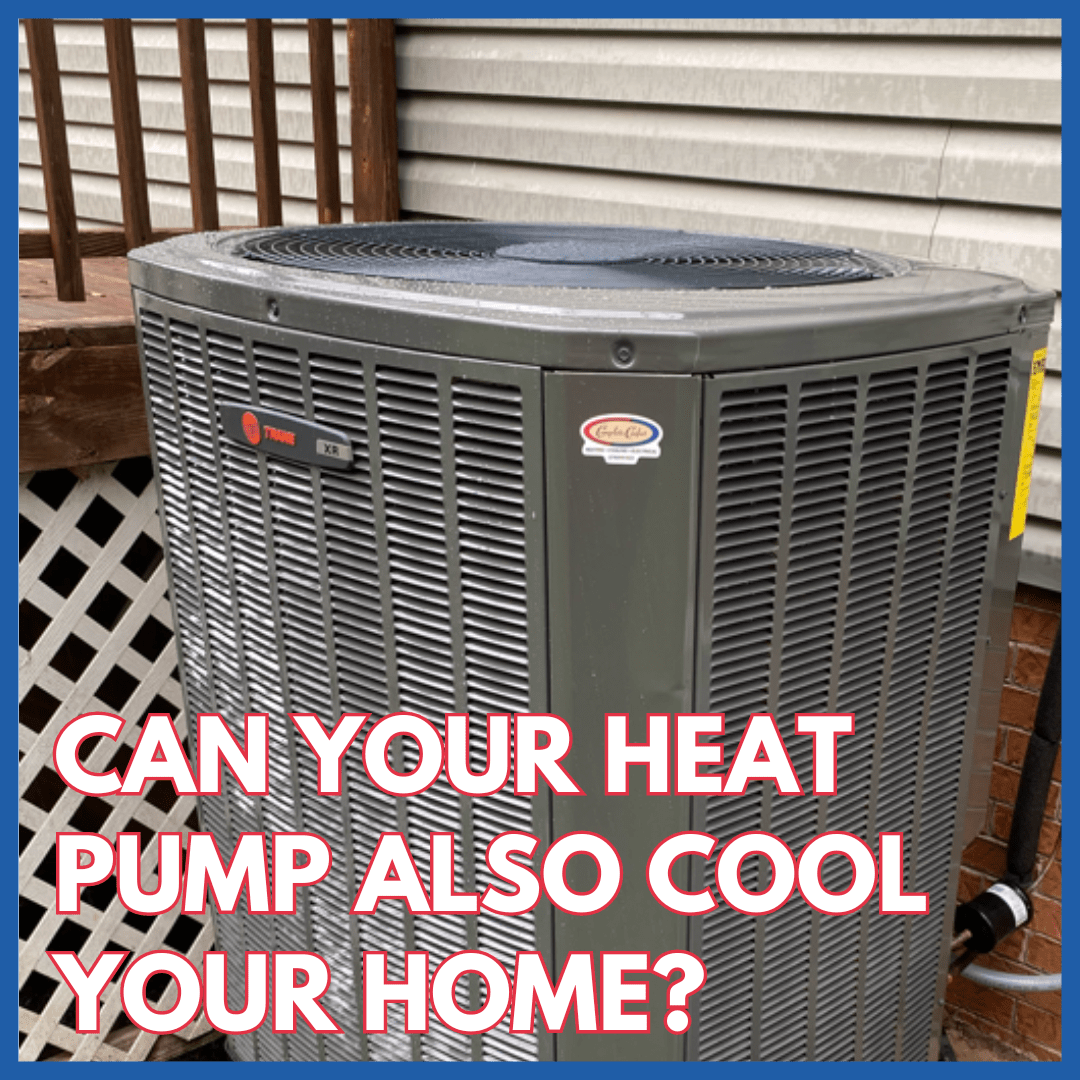 One of the most energy efficient and best ways to keep your home or business comfortable is with a heat pump. Not only do they heat your home in the winter, but they also have the ability to cool your home in the summer. In Bristol, VA and the surrounding areas, heat pumps are one of the most popular ways to keep a home or business comfortable all year long.
One of the most energy efficient and best ways to keep your home or business comfortable is with a heat pump. Not only do they heat your home in the winter, but they also have the ability to cool your home in the summer. In Bristol, VA and the surrounding areas, heat pumps are one of the most popular ways to keep a home or business comfortable all year long.
I’ve been working with heat pumps for years now, installing heat pump systems, repairing them, and servicing them. It’s become one of my favorite kind of HVAC systems to work with, and that’s because it does such a great job for all of our customers.
This article delves into what heat pumps are, how heat pumps work, and their ability to provide air conditioning as well as heating. We also talk about the advantages of replacing old air conditioners with heat pumps, energy savings, year-round usage, and potential eligibility for rebates or tax credits.
If you are interested in a heat pump for your home or business, but want to learn a little more, give us a call at (276) 690-9222, or click here to contact us online.
What Is A Heat Pump?
A heat pump is a device that transfers heat from one place to another using a small amount of energy. It operates on the principle of heat exchange, utilizing refrigerant to absorb heat from one area and release it in another. During colder months, a heat pump extracts heat from the outdoor air or ground and transfers it inside to warm your home. Conversely, in warmer seasons, it reverses the process, removing heat from the interior of your house and releasing it outdoors, thus cooling the indoor environment
Heat pumps use electricity to function. Most heating systems use oil or gas as a source of fuel, but not a heat pump.
Can A Heat Pump Provide Air Conditioning?
Yes, a heat pump can absolutely provide air conditioning. In cooling mode, the heat pump works similarly to a standard air conditioner by extracting indoor heat and expelling it outside, thereby lowering the indoor temperature.
The versatility of a heat pump lies in its reversible cycle, which allows it to cool your home in the summer and heat it in the winter, making it an all-in-one climate control solution. If you have a traditional heating system, you also need to install a separate cooling system, and visa versa.
Why You Should Replace Your Old Air Conditioner With A Heat Pump
Replacing an old air conditioner with a heat pump can be a wise decision for several reasons:
- Energy Efficiency: Heat pumps are designed to be highly efficient, as they transfer heat rather than generate it by burning fuel. This process results in lower energy consumption compared to traditional heating and cooling systems.
- Cost Savings: The improved efficiency of heat pumps translates into reduced energy bills. Over time, these savings can offset the initial investment in a heat pump system.
- Environmental Impact: By reducing energy consumption, heat pumps also lower greenhouse gas emissions, contributing to a healthier environment.
- Versatility: A heat pump serves as both a heater and an air conditioner, eliminating the need for separate systems and thereby saving space and maintenance efforts.
Do Heat Pumps Save Energy?
Yes, heat pumps save energy. It’s the reason they qualify for the biggest tax credit from the Inflation Reduction Act (IRA), and homeowners are becoming so fond of installing them.
They utilize electricity to move heat rather than generate it, which is a more efficient process. For every unit of electricity used by a heat pump, it can transfer up to three times more heat energy. This efficiency can lead to significant energy savings, especially when compared to conventional heating and cooling methods that rely on the conversion of electrical energy into thermal energy.
They also have less of an impact on the environment. This is the reason they were included in the IRA, and are part of the solution to reduce our emissions.
Can You Use A Heat Pump All Year?
 Absolutely, heat pumps are designed for year-round use. In the winter, they provide efficient heating by extracting heat from the outside air—even in cold temperatures—and transferring it indoors. During the summer months, the process is reversed to cool your home by removing indoor heat and releasing it outside.
Absolutely, heat pumps are designed for year-round use. In the winter, they provide efficient heating by extracting heat from the outside air—even in cold temperatures—and transferring it indoors. During the summer months, the process is reversed to cool your home by removing indoor heat and releasing it outside.
Being able to both heat and cool make heat pumps an excellent investment for anyone who is interested in replacing or upgrading their home comfort situation. If you have an air conditioner or a furnace that seems to be on its last legs, think about installing a heat pump and reducing the amount of HVAC systems you need from 2 to 1.
Do Heat Pumps Qualify For Rebates Or Tax Credits?
The short answer is yes! Heat pumps qualify for tax credits up to $2000 as a part of the Inflation Reduction Act, depending on the level of efficiency. In our area, Appalachian Power is also offering rebates on Heat Pump Water Heaters, and Ductless Mini Split Heat Pumps.
The government and local utility companies want to reduce the amount of energy we consume, and the impact we have on the environment. This is why they offer a few incentives and discounts for homeowners and businesses that install energy efficient equipment!


